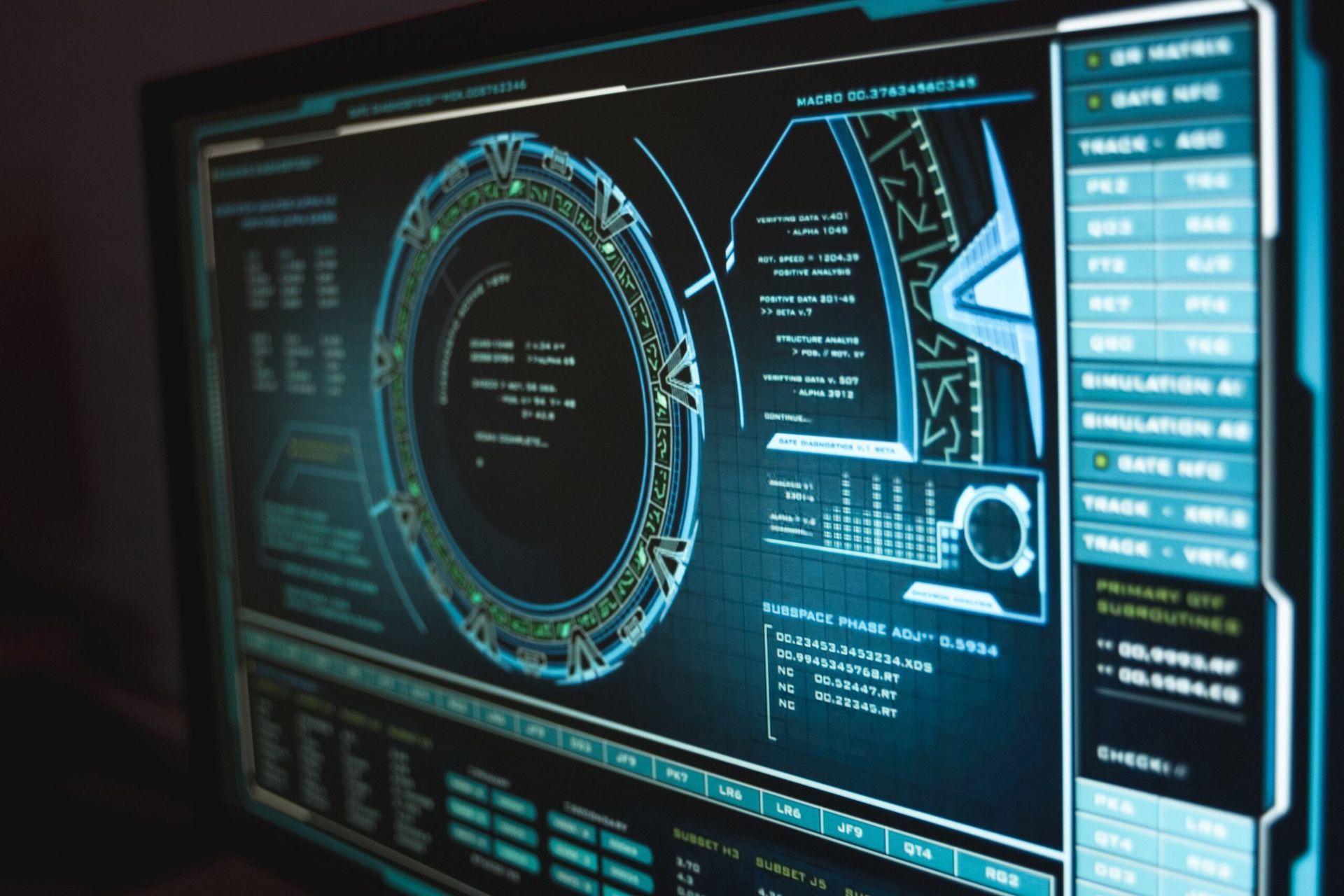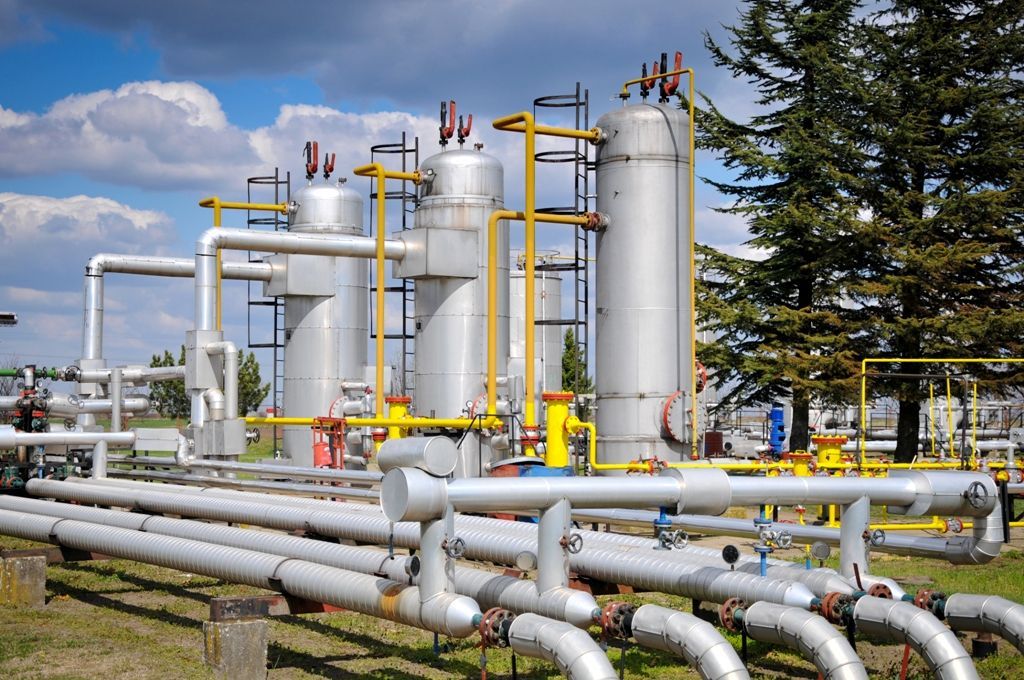Electrical Grid Under Attack: How Slovakia Can Avoid the Spanish Nightmare
Following the recent massive power grid failure in Spain, which paralyzed the country for 24 hours, Slovakia faces the challenge of securing its energy infrastructure during ambitious green transformation and growing cyber threats.
Last month, Spain was plunged into darkness. A massive power grid failure paralyzed the country for almost 24 hours. Millions of people were left without electricity, public transportation stopped, hospitals had to switch to emergency generators, and economic losses soared into millions of euros. This collapse of critical infrastructure revealed the vulnerability of modern energy networks and sent a warning signal to all of Europe. Preliminary investigation suggests that one of the factors might have been insufficient integration of renewable energy sources into the existing grid, which, combined with cyber vulnerabilities, created a perfect breeding ground for systemic failure.
While Slovakia is moving toward an ambitious goal of 19.2% energy from renewable sources by 2030, the Spanish catastrophe reminds us that green transformation brings opportunities but also many risks. Our future energy grid with 1,755 MW from hydroelectric power plants, 1,200 MW from solar, and 500 MW from wind will face new challenges—from grid instability to cyber threats.
Fortunately, Slovakia has not been idle. By adopting the National Cybersecurity Strategy in 2021 and the recent amendment to laws on cybersecurity and critical infrastructure (effective from January 2025), we have become the fourth EU country to implement the NIS2 and CER directives. This proactive action positions us as a leader in critical infrastructure protection.
To avoid the Spanish scenario, we need triple protection. Technical solutions include intelligent grid management and automatic partitioning systems that isolate affected areas during failures. Security monitoring ensures continuous oversight of both IT and OT systems, enabling early threat detection. Strong governance based on risk assessment and international cooperation allows for sharing practices and coordinated response to threats. The Spanish blackout reveals two sides of energy transformation—a green future and potential risks. With a well-thought-out strategy, Slovakia can achieve both cleaner energy and a secure network resistant to attacks.
Author: Matej Michalko, founder and CEO of Decent Cybersecurity, Chairman of the Supervisory board of the Critical Infrastructure Association of the Slovak Republic
Michalko, Matej. “Elektrická sieť pod útokom: Ako sa Slovensko môže vyhnúť španielskej nočnej more.” DefenceNews.sk, May 16, 2025. https://www.defencenews.sk/kyberbezpecnost/clanok/752177-elektricka-siet-pod-utokom-ako-sa-slovensko-moze-vyhnut-spanielskej-nocnej-more/.








